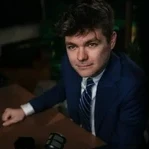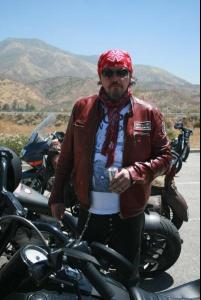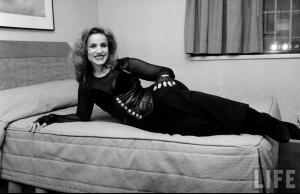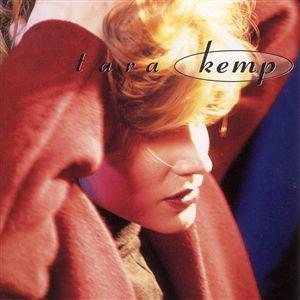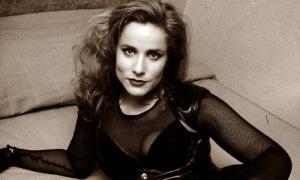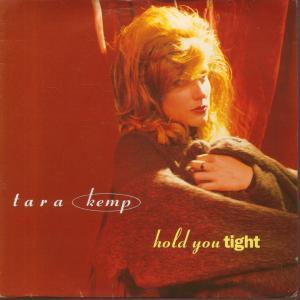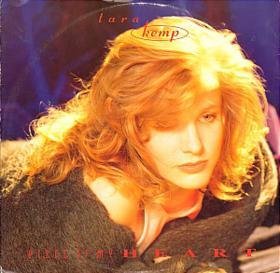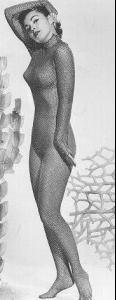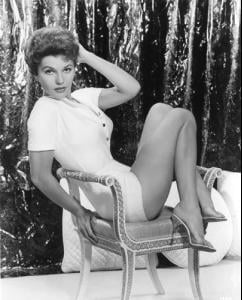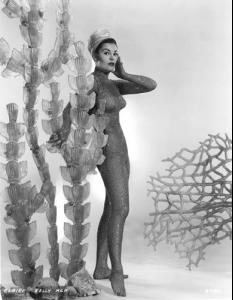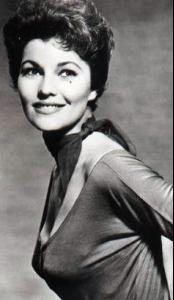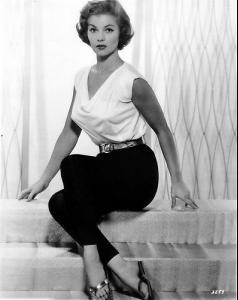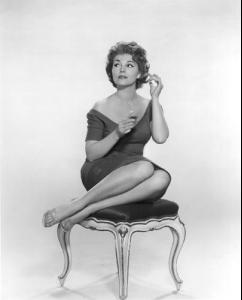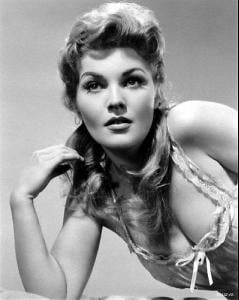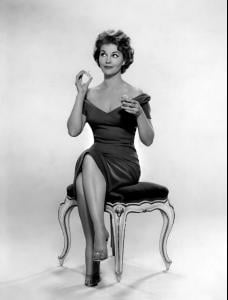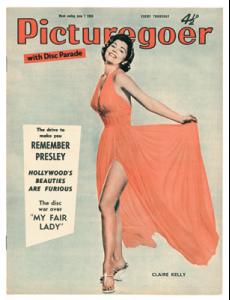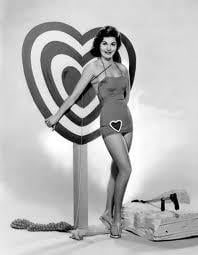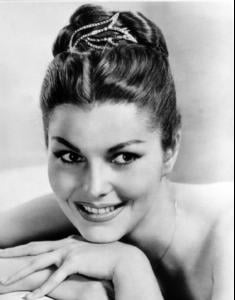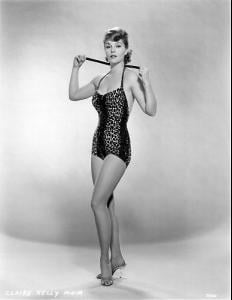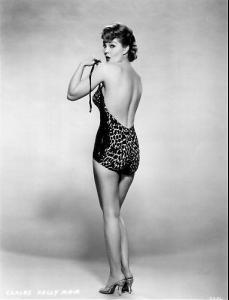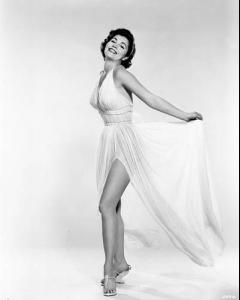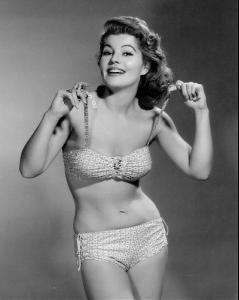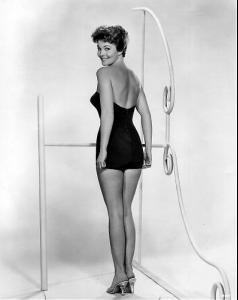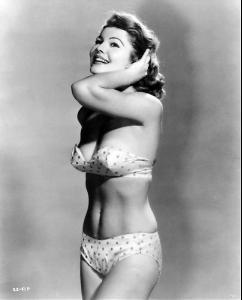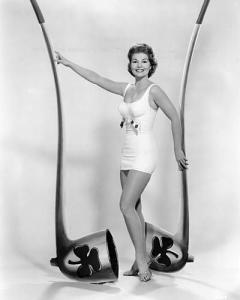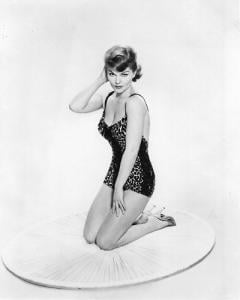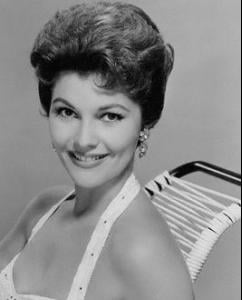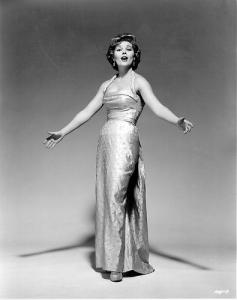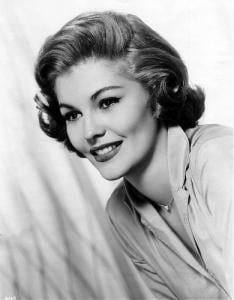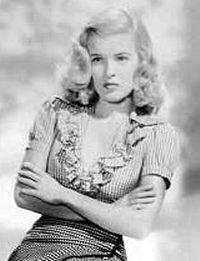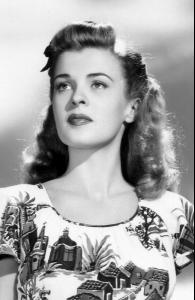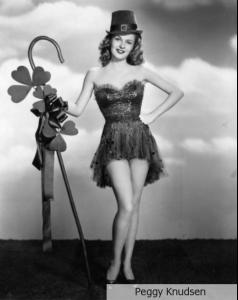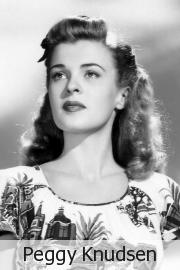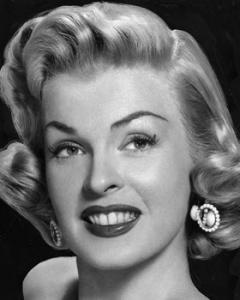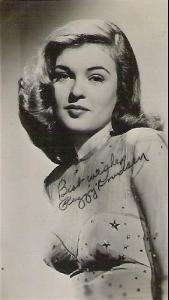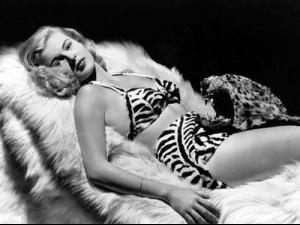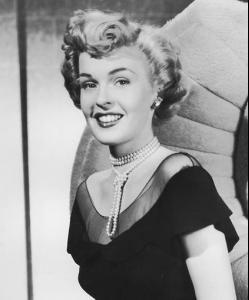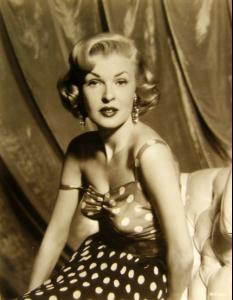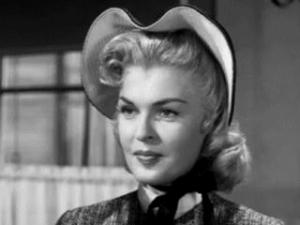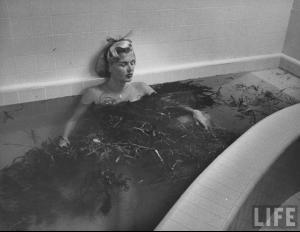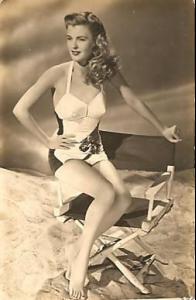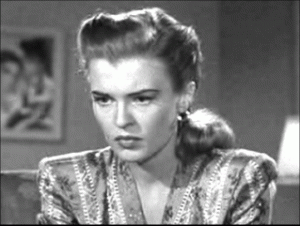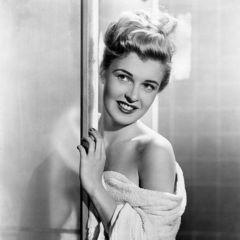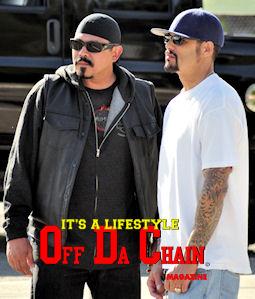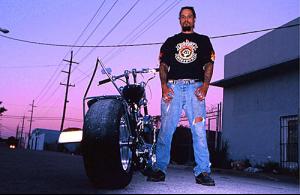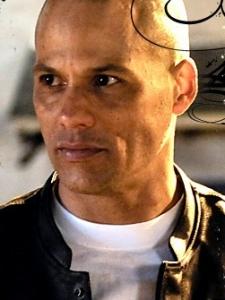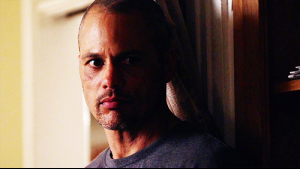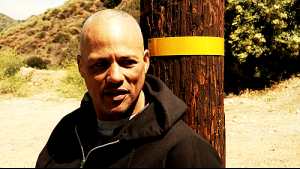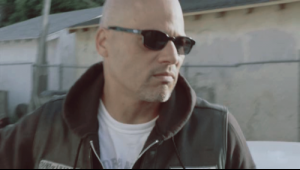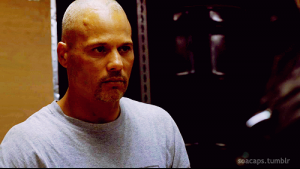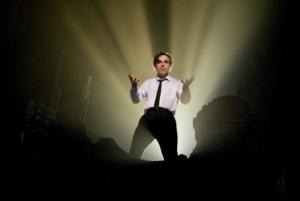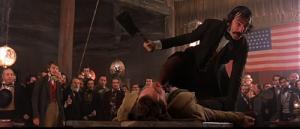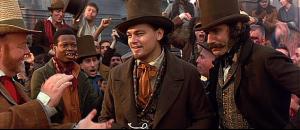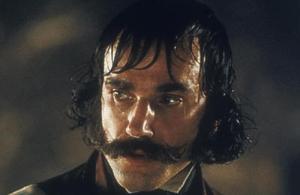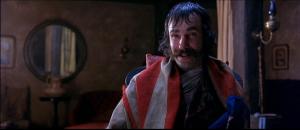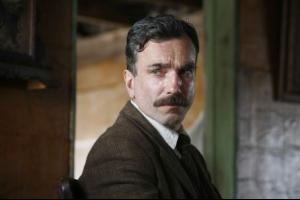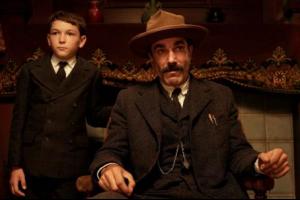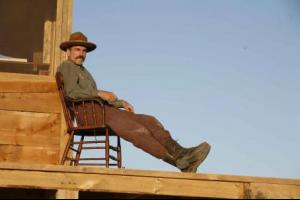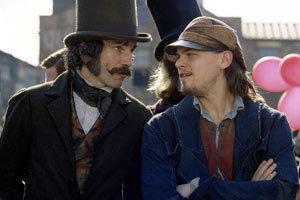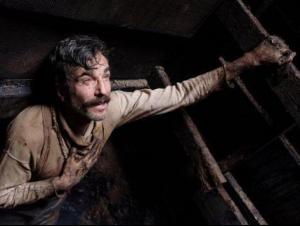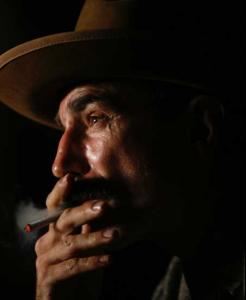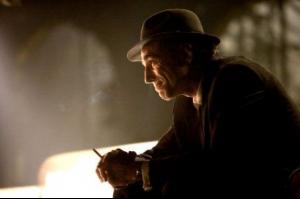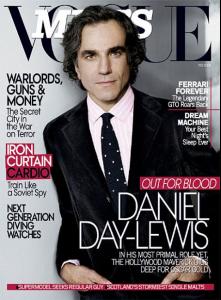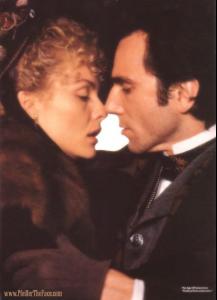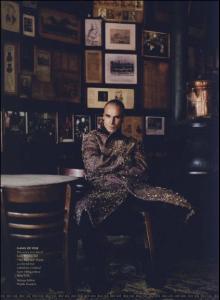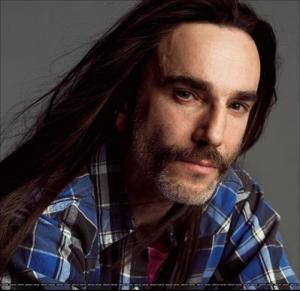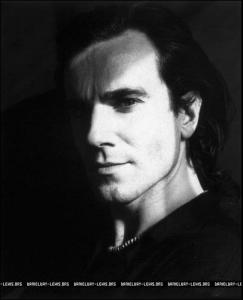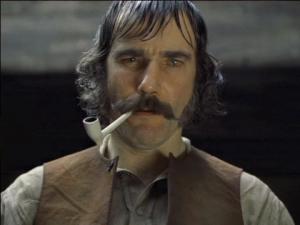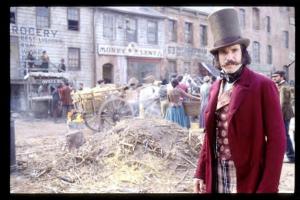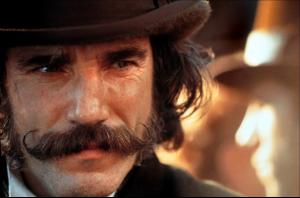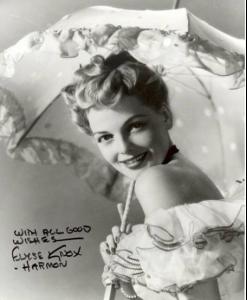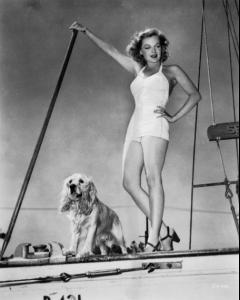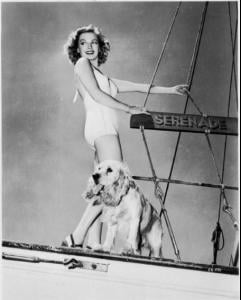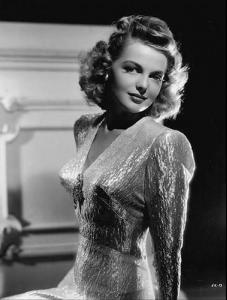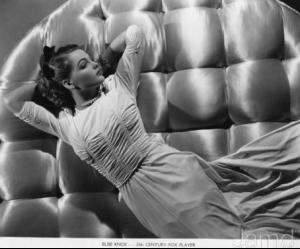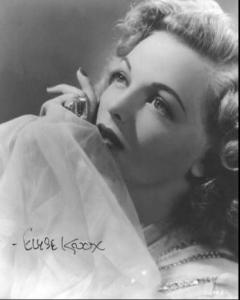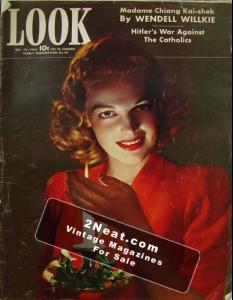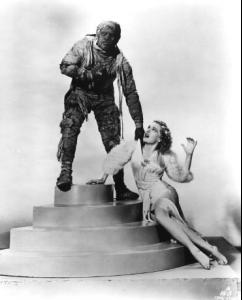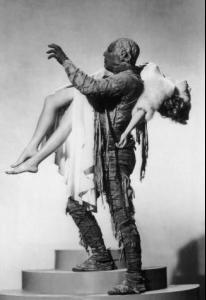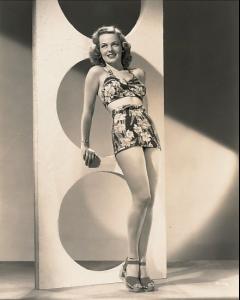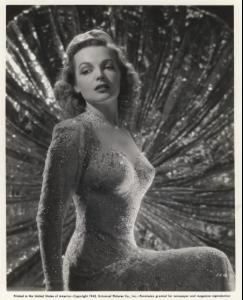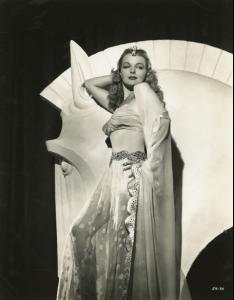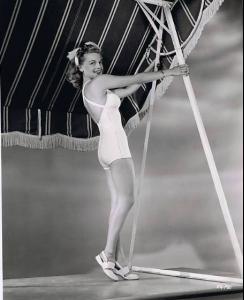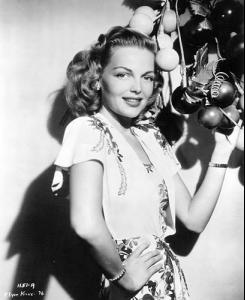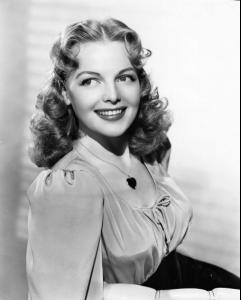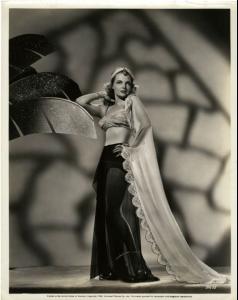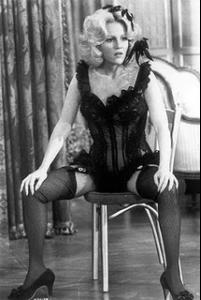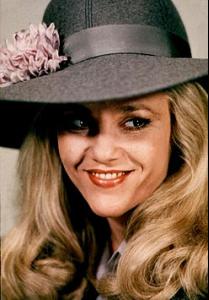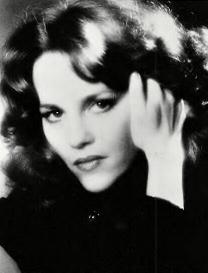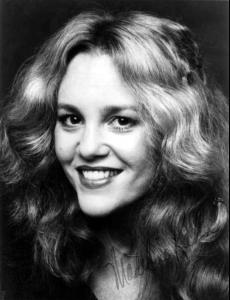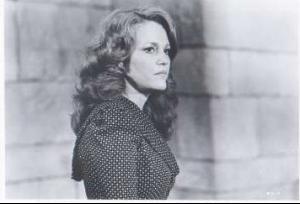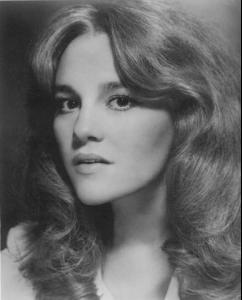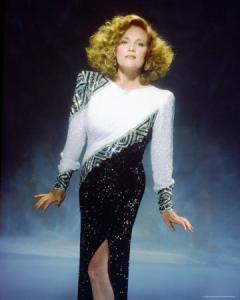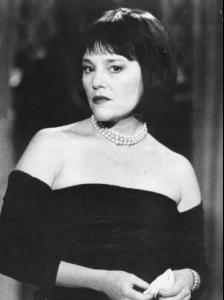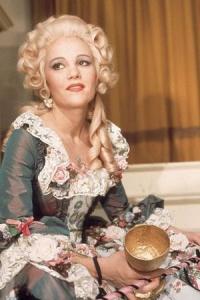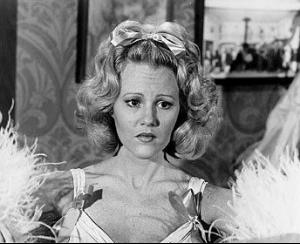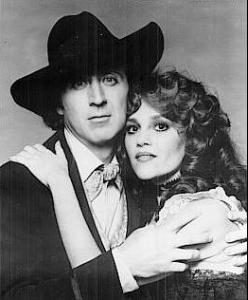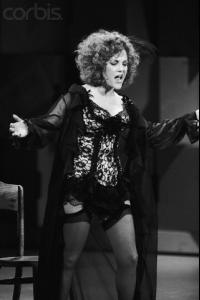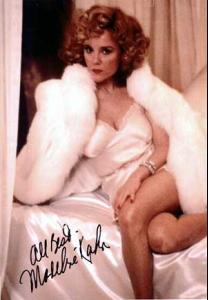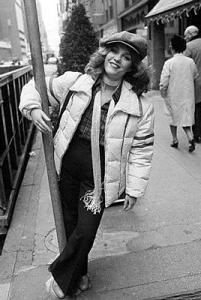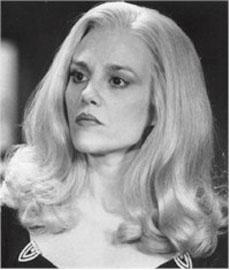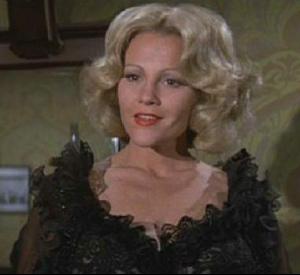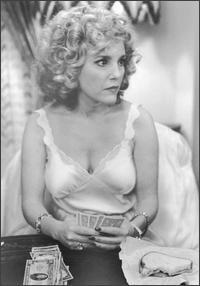
Everything posted by COP11
-
Big Fat Gypsy Weddings
Yes I have! That was crazy! And their wedding cakes are insane too! Their weddings have to cost a fortune. Those dresses are just huge.
-
The Most Beautiful Eastern Asia Woman
Li x3
- Tommy Flanagan
- Continent's choice
-
The New Faces Competition
Catherine x3
-
Actresses competition
Evan Lips: 2 Smile: 1 Hair: 3 Eyes: 3 Nose: 1 Body: 2 Minka Lips: 3 Smile: 4 Hair: 5 Eyes: 4 Nose: 1 Body: 4
-
Big Fat Gypsy Weddings
I am fascinated by this show! The way these women dress up for their weddings...
-
Tara Kemp
- Tara Kemp
- Tara Kemp
Tara Leslye Kemp (born on May 11, 1964 in Livermore, California) is an American pop and R&B singer who was signed to the Giant Records label. She is best known for her two Top 10 1991 singles "Hold You Tight" and "Piece of My Heart." Career "Hold You Tight," written by singer-songwriter Will Hammond Jr., achieved RIAA gold status and reached No. 3 on the Billboard Hot 100 chart. It was followed by another Top 10 single, "Piece of My Heart," which reached No. 7. Kemp's quick success was short-lived, however, as her third single "Too Much" stalled at No. 95, with further releases failing to chart at all. She also recorded a song entitled "Action Speaks Louder Than Words," which was featured on the soundtrack for the Fox television series, Beverly Hills, 90210. "Come Correct" was released in 1994. Giant Records folded not long thereafter, leaving Kemp—along with labelmates Jade, Color Me Badd, Jeremy Jordan, and many others—without recording deals. Kemp returned on a duet entitled "Searchin' for Silver" with producer and fellow arranger William Hammond on his debut album. Kemp is said to be working on a new album with an unknown release date. Discography Albums Tara Kemp Released: April 25, 1991 Label: Giant Records / Warner Bros. Chart Peak: US Pop #109, R&B #34 RIAA Certification: None Singles: "Hold You Tight," "Piece of My Heart," "Too Much" Singles Year Single U.S. Hot 100 U.S. Dance U.S. R&B Album 1990 "Hold You Tight" 3 1 4 Tara Kemp 1991 "Piece of My Heart" 7 47 "Too Much" 95 - - 1992 "Anything You Ask" - - - Class Act Soundtrack 1993 "Action Speaks Louder than Words" - - - Beverly Hills 90210 Soundtrack- Claire Kelly
- Claire Kelly
- Claire Kelly
15 March 1934 is born in San Francisco, California, the daughter of a rich California rancher. Her mother’s maiden name is Daugherty. 1951 marries TV talk show host George J. Florentine, a.k.a. George DeWitt, during George’s appearance at Ciro’s May 1952 expects her baby in September 1954 her son George Anthony "Jay" Florentine is born 1955 is in Howard Hughes' Son of Sinbad, using her married name, Claire DeWitt 1955 divorces DeWitt in Florida and claims he was a fine comic on TV, but he was no laughs around the house. She is awarded custody of their son. 27 March 1960 marries actor Julius C. Lopez, a.k.a. Perry Lopez, in the Little Brown Church in North Hollywood, California. He’s 30; she’s 26. the divorces Lopez 21 October 1961 marries Robert Alan Kenaston, son of actress Billie Dove, auto salesman, and heir to a wealthy banking family, in Juarez, Mexico. He's 27; she's 27. 1 June 1962 her son Robert Burns Kenaston is born in Los Angeles July 1963 is granted a divorce from Kenaston in Los Angeles. She claims Kenaston hates actresses and won't let her work. He agrees to pay $150 monthly child support. Kenaston will die at age 60 in 1995. marries wealthy Robert Murphy 1 July 1998 as Claire K. Murphy, she dies at age 64 in Palm Springs, California- The Best Magazine Cover
Alessandra Fan Natasha Nyasha Flare- Peggy Knudsen
- Peggy Knudsen
Peggy Knudsen (April 22, 1923 - July 11, 1980) was an American character actress. Biography Born Margaret Ann Knudsen in Duluth, Minnesota, she made her Broadway debut in My Sister Eileen. She began her film career in 1946 in A Stolen Life opposite Bette Davis. That same year, she appeared in bit parts in several films including The Big Sleep and Humoresque with Joan Crawford. Despite appearing in big budget features with established stars, Knudsen's career never took off and she was relegated to smaller roles in B movies. Her last film role was in the 1957 film Istanbul with Errol Flynn. In the 1950s and '60s, Knudsen appeared in guest starring roles on several television shows including Alfred Hitchcock Presents, The Millionaire, Perry Mason, and Pete and Gladys. After appearing in an episode of The Adventures of Ozzie & Harriet in 1965, Knudsen retired from acting. Later years and death Knudsen suffered from crippling arthritis for most of her later years and was cared for by her close friend, actress Jennifer Jones. On July 11, 1980, she died of cancer in Encino, California. For her contribution to the television industry, Peggy Knudsen has a star on the Hollywood Walk of Fame at 6230 Hollywood Boulevard. Filmography A Stolen Life (1946) Two Guys from Milwaukee (Uncredited, 1946) The Big Sleep (1946) Shadow of a Woman (1946) Never Say Goodbye (1946) Humoresque (1946) Stallion Road (1947) The Unfaithful (1947) Roses Are Red (1947) My Wild Irish Rose (Uncredited, 1947) Perilous Waters (1948) Half Past Midnight (1948) Trouble Preferred (1948) Copper Canyon (1950) Unchained (1955) Betrayed Women (1955) Good Morning, Miss Dove (1955) The Bottom of the Bottle (1956) Hilda Crane (1956) Istanbul (1957) Television Your Show Time (1 episode, 1949) Racket Squad (1 episode, 1951) Mr. and Mrs. North (2 episodes, 1953) The Pepsi-Cola Playhouse (1 episode, 1954) City Detective (1 episode, 1955) The Loretta Young Show (1 episode, 1955) So This is Hollywood (Unknown episodes, 1955) Alfred Hitchcock Presents (1 episode, 1956) The Millionaire (1 episode, 1956) The Gale Storm Show (1 episode, 1956) Panic! (1 episode, 1957) On Trial (1 episode, 1957) The Ford Television Theatre (1 episode, 1957) The Thin Man (1 episode, 1957) The Life and Legend of Wyatt Earp (1 episode, 1958) The Real McCoys (1 episode, 1958) The Millionaire (1 episode, 1959) Perry Mason (2 episodes, 1958–1959) Tightrope (1 episode, 1959) General Electric Theater (1 episode, 1960) Pete and Gladys (1 episode, 1960) Bat Masterson (3 episodes, 1959–1961) The Wonderful World of Disney (1 episode, 1961) The Adventures of Ozzie & Harriet (3 episodes, 1960–1965)- David Labrava
- Daniel Day-Lewis
- Daniel Day-Lewis
- Continent's choice
- Actresses competition
Lips: 5 Smile: 5 Hair: 5 Eyes: 5 Nose: 5 Body: 5- Elyse Knox
- Elyse Knox
Elyse Knox (born December 14, 1917) is an American actress. Early life Born Elsie Lillian Kornbrath to Frederick and Elizabeth Kornbrath in Hartford, Connecticut, she is not the daughter of U.S. Secretary of the Navy Frank Knox, despite many sources suggesting she is. She studied at the Traphagen School of Fashion in Manhattan then embarked on a career in fashion design. Her good looks enabled her to model some of her own creations for Vogue magazine that led to a contract offer from Twentieth Century Fox film studio in 1937. Career Knox performed mainly in minor or secondary roles until 1942 when she had a leading role with Lon Chaney, Jr. in The Mummy's Tomb, one of the series of Mummy horror films made by Universal Studios. Knox appeared as herself in the Universal Studios 1944 production "Follow the Boys," one of the World War II morale-booster films made for both the soldiers serving overseas as well as civilians at home. Knox also was a pin up girl during the War, appearing in such magazines as YANK, a weekly put out by the United States Military. In late 1945, she was signed by Monogram Pictures to portray Anne Howe, the love interest of fictional boxer Joe Palooka in Joe Palooka, Champ. Based on the very popular comic strip, the instant success of the May 1946 film led to Elyse Knox appearing in another five Joe Palooka productions. After acting in thirty-nine films, Elyse Knox retired in 1949 following her performance in the musical film There's a Girl in My Heart. Personal life Knox continued to do modeling work for print ads and while appearing on the Bing Crosby radio show she met football star Tom Harmon. They became engaged, but broke up when Harmon entered the U.S. Army Air Corps in 1942. That year, Knox married fashion photographer Paul Hesse, who had shot many of her print ads and magazine covers. The marriage was brief. Following her divorce and Tom Harmon's return from World War II (during which he survived two plane crashes and being lost in the jungle), she and Harmon married in 1944. Knox's wedding dress was made from silk from the parachute Harmon used when bailing out of his crippled plane. The couple remained together until his death in 1990. They had three children, Kristin (b.1945), an actress and painter who at seventeen married recording artist Ricky Nelson and had Tracy, twins Gunnar and Matthew, and son Sam; Kelly (b. 1948), who modeled and also acted in film and television (TJ Hooker) and was once married to automaker John DeLorean; and Mark (b.1951), film and television actor who starred in films such as The Presidio and the current TV show NCIS. Filmography Year Film Role Other notes 1937 Wake Up and Live Nurse uncredited 1940 Lillian Russell Lillian Russell's Sister performer: "Brighten the Corner Where You Are" Youth Will Be Served Pamela Yesterday's Heroes Undetermined role uncredited Girl from Avenue A Angela Girl in 313 Judith Wilson Star Dust Girl uncredited Free, Blonde and 21 Marjorie 1941 Miss Polly Barbara Snodgrass All-American Co-Ed Co-ed uncredited Tanks a Million Jeannie Sheriff of Tombstone Mary Carson Footlight Fever Eileen Drake 1942 Arabian Nights Duenna uncredited The Mummy's Tomb Isobel Evans Top Sergeant Helen Gray Hay Foot Betty Barkley 1943 Hi'ya, Sailor Pat Rogers So's Your Uncle Patricia Williams Hit the Ice Nurse Peggy Osborne Mister Big Alice Taswell Keep 'Em Slugging Suzanne Don Winslow of the Coast Guard Mercedes Colby 1944 Army Wives Jerry Van Dyke A Wave, a WAC and a Marine Marian Moonlight and Cactus Louise Ferguson Follow the Boys Herself 1946 Sweetheart of Sigma Chi Betty Allen Gentleman Joe Palooka Anne Howe Joe Palooka, Champ Anne Howe 1947 Linda Be Good Linda Prentiss Joe Palooka in the Knockout Anne Howe Black Gold Ruth Frazer 1948 Joe Palooka in Winner Take All Anne Howe I Wouldn't Be in Your Shoes Ann Quinn Joe Palooka in Fighting Mad Anne Howe 1949 There's a Girl in My Heart Claire Adamson Joe Palooka in the Counterpunch Anne Howe Forgotten Women Kate Allison 1953 I Was a Burlesque Queen Linda Prentiss archive footage 1999 Mummy Dearest: A Horror Tradition Unearthed Isobel Evans archive footage- Madeline Kahn
Account
Navigation
Search
Configure browser push notifications
Chrome (Android)
- Tap the lock icon next to the address bar.
- Tap Permissions → Notifications.
- Adjust your preference.
Chrome (Desktop)
- Click the padlock icon in the address bar.
- Select Site settings.
- Find Notifications and adjust your preference.
Safari (iOS 16.4+)
- Ensure the site is installed via Add to Home Screen.
- Open Settings App → Notifications.
- Find your app name and adjust your preference.
Safari (macOS)
- Go to Safari → Preferences.
- Click the Websites tab.
- Select Notifications in the sidebar.
- Find this website and adjust your preference.
Edge (Android)
- Tap the lock icon next to the address bar.
- Tap Permissions.
- Find Notifications and adjust your preference.
Edge (Desktop)
- Click the padlock icon in the address bar.
- Click Permissions for this site.
- Find Notifications and adjust your preference.
Firefox (Android)
- Go to Settings → Site permissions.
- Tap Notifications.
- Find this site in the list and adjust your preference.
Firefox (Desktop)
- Open Firefox Settings.
- Search for Notifications.
- Find this site in the list and adjust your preference.
- Tara Kemp
